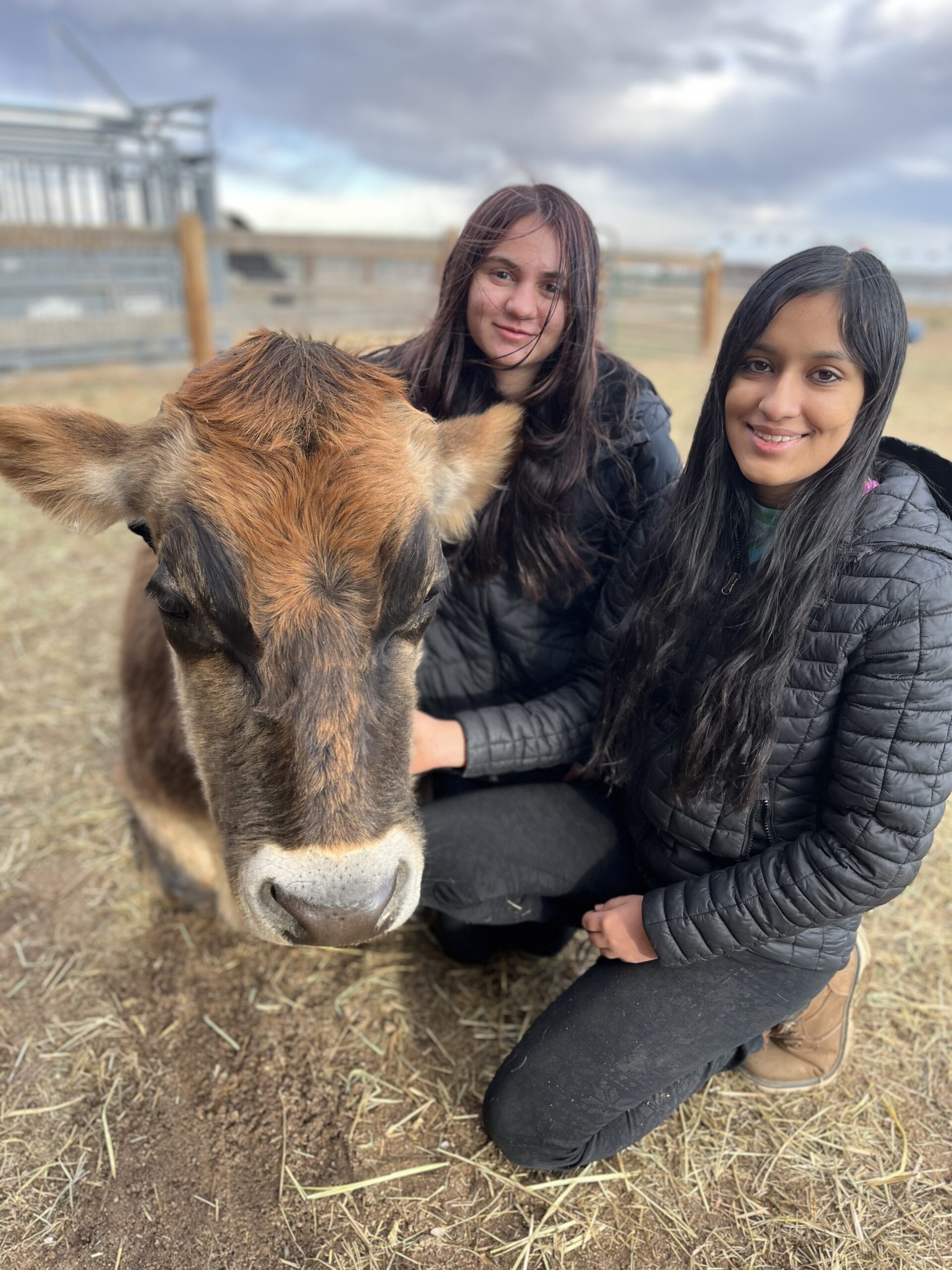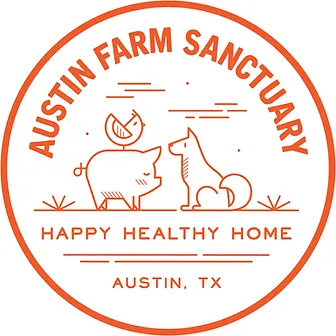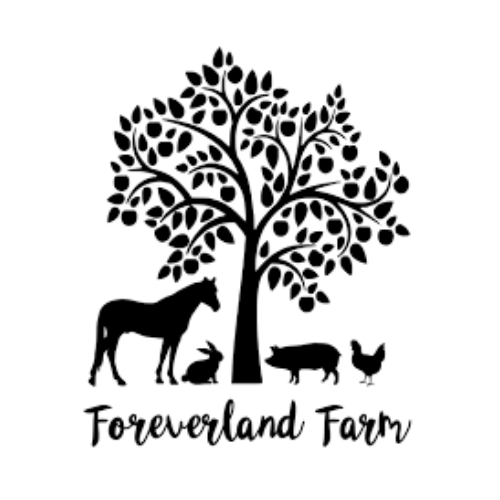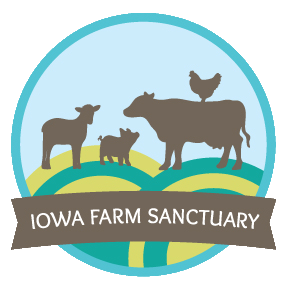Find A LEAP Hub
Apply now for the LEAP Kids 6th-8th grade program or the leap high school program at participating sanctuaries!
Step 1: Select your LEAP Hub
Step 2: Submit your Waiver and Application
Locate a Participating HUB and Apply!
Once you have submitted your application (Step 1), please choose your sanctuary from the options below and submit location-specific waivers (Step 2). Thank you for your interest in participating in LEAP!
Accepting Applications
Not Accepting Applications
Our LEAP Curriculum Overview
Students will gather with their local LEAP chapter for monthly classroom lessons and will learn from experts in various animal and environmentally related fields. Each year of the program, we will focus on certain topics, such as the ethics of eating, climate change and eco anxiety, farmed animal welfare, and the challenges and solutions related to these topics.
Students attend hands-on workshops at local sanctuaries or other affiliated organizations to participate in activities such as animal care, rewilding projects, habitat clean-up, veterinary demonstrations, community gardening, vegan cooking classes, and more.
LEAPers participate in service hours each month ranging from assisting with sanctuary tours and events, helping with public outreach and education, serving at community wellness clinics, cleaning habitats and caring for animals, assisting with local rewilding projects and wildlife habitat clean-up, gardening, and helping with other projects of interest to them at their local sanctuary or in their communities.

What sets LEAP apart from other agricultural scholarship programs?
LEAPers will have many of the same opportunities that other agriculture programs offer – working with other LEAPers from around the region, participating in local events, learning from experts and mentors, receiving financial compensation for their work, and, of course, spending time with the animals–but without the financial and emotional burden of raising and showing a slaughter-bound animal.
What makes a great LEAPer?
- Candidates for the LEAP program understand the social responsibility they have as the next generation of leaders, and want to make a difference in their communities. They are ready and eager for leadership training and have a desire to change the current system for animals, human health, and the planet.
- They are students who are already enrolled in or interested in joining an agricultural learning program but do not feel that the primary offerings are right for them or aligned with their values.
- They are interested in the outdoors, physical learning, community involvement, connecting with animals, healthy eating, human and animal rights, food systems, and caring for our environment.
Requirements
- Must have reliable transportation to a participating chapter.
- Must be available to meet monthly time commitments (see application for varying sanctuary dates/times).





